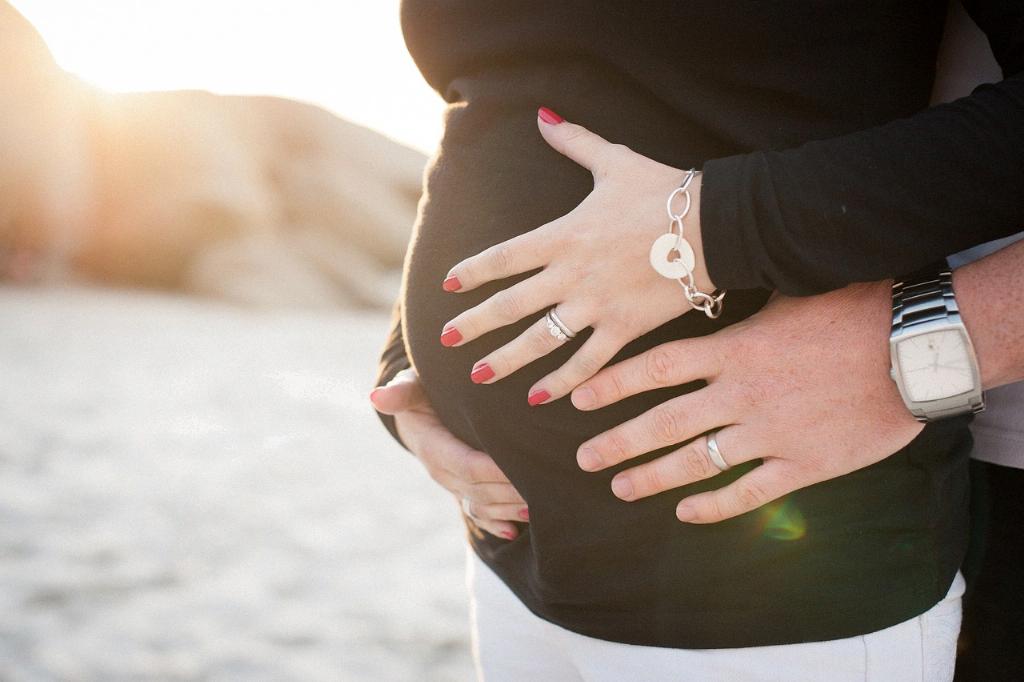For many women, distinguishing between the symptoms of their period and potential pregnancy can be a challenging task. The absence of a menstrual cycle is often the most obvious indicator of pregnancy. When you are pregnant, your period does not occur as expected. This sign, though significant, is not always foolproof as other factors can also cause irregular periods.
Nausea and vomiting are common symptoms that can accompany pregnancy and are usually not experienced with premenstrual syndrome, commonly known as PMS. The nausea women experience during early pregnancy can often subside after the 12th week of gestation. Despite being a classic sign of pregnancy, not all pregnant women experience this symptom.
Another noticeable difference between pregnancy and menstruation is breast tenderness. Women who are pregnant may experience increased sensitivity and fullness in their breasts. This symptom is typically more pronounced in the early stages of pregnancy and can serve as an early indicator for some women.
One of the most reliable ways to determine if you are pregnant is through a pregnancy test. Pregnancy tests detect the presence of human chorionic gonadotropin (hCG), a hormone produced during pregnancy. These tests are widely available and can be taken at home, providing quick results that can help confirm or rule out pregnancy.
Changes in appetite and food aversions are also common signs of pregnancy. Some women may develop cravings for certain foods or experience a sudden dislike for foods they previously enjoyed. While these changes in appetite can also occur during PMS, the intensity and specific cravings may differ in pregnant women.
Aside from physical symptoms, emotional changes can also accompany pregnancy. Mood swings, irritability, and heightened emotions can be indicative of pregnancy. Hormonal fluctuations during pregnancy can lead to emotional changes that may feel more intense than usual PMS symptoms.
If you are unsure about whether you are experiencing PMS or early pregnancy symptoms, it is advisable to consult with a healthcare provider. Your doctor can perform a physical examination, review your medical history, and conduct tests to help determine if you are pregnant. Seeking professional medical advice is essential in accurately identifying the cause of your symptoms.
It is important to remember that every woman’s body is unique, and the symptoms of pregnancy can vary from person to person. While some women may experience classic signs of pregnancy, others may have subtle or atypical symptoms. Trusting your instincts and paying attention to any unusual changes in your body can help you navigate the differences between your period and being pregnant.
Ultimately, staying informed about the signs of pregnancy and understanding your body’s cues can empower you to make informed decisions about your reproductive health. If you suspect you may be pregnant or are experiencing unusual symptoms, don’t hesitate to reach out to a healthcare provider for guidance and support.

